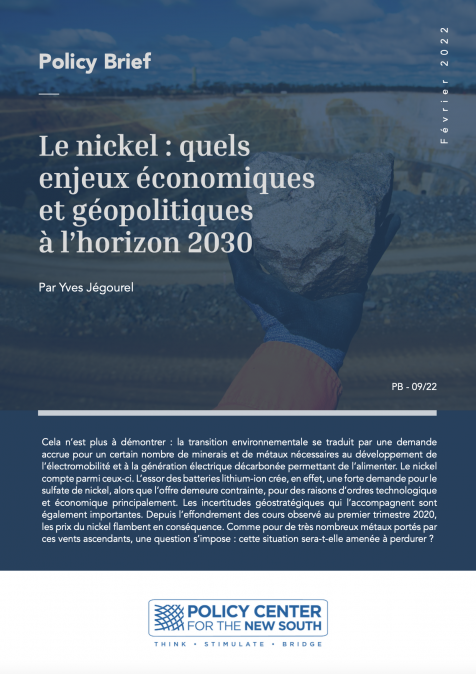Podcasts
David Humphrey’s Outlook for the Mining Industry
30
December
2016
Related topics:
This podcast is performed by Mr. David Humphrey. Mineral economics comprises a wide range of issues relating to the mineral sector. These include pure economics topics such as prices, costs, and productivity, as well as public policy issues such as scarcity, conservation and depletion, and finally aspects of geology, mining and technology. The purpose of this podcast is to describe the discipline of mineral economics and its various tools in evaluating the mineral industry from both a public and private sector perspective. In addition, the podcast try to give an outlook for the mining industry as of now.








